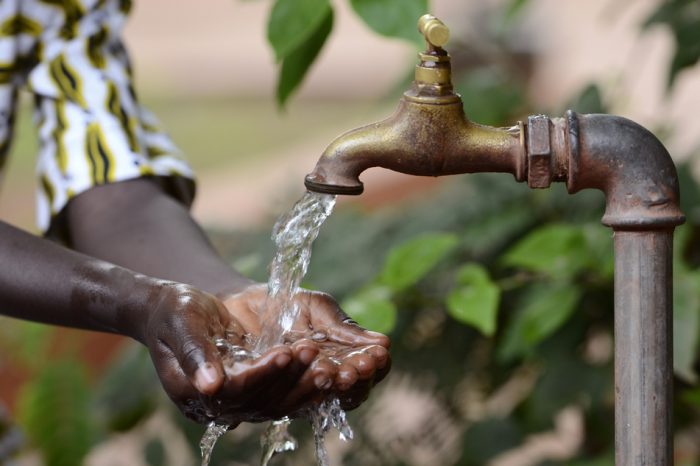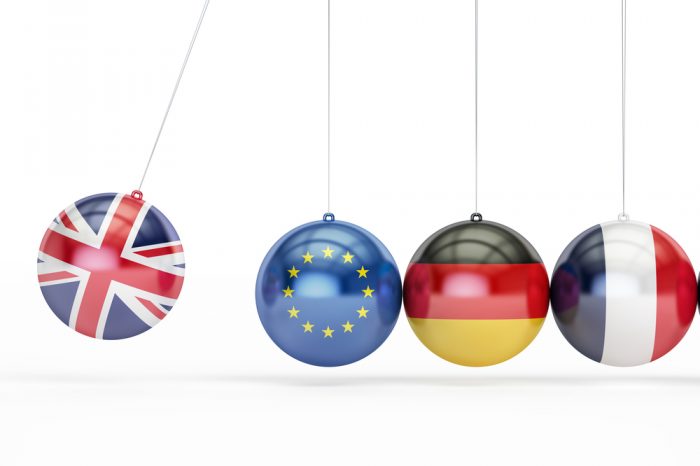European Media
Last night I attended a dinner-debate organised by the EPA. Not (as you might think) the US Environmental Protection Agency, but the European Parliamentarians Association, which has a rather splendid art nouveau mansion in the Allée de la Robertsau. The topic for debate was “Beyond the national perspective – do we need European media?”. They have perhaps failed to notice the existence of Euronews.
We heard passionate pleas from two journalists for more Europe-wide media to provide scope for them to publish their musings, coupled with thinly-veiled pleas for more EU funding to support them. Naturally I engaged in the debate, and you may find my remarks amusing. I have reconstructed them as best I can from the notes I made at the event.
“I’m a UK MEP representing the East Midlands, and I must admit that I feel I’m here under false pretences. We’ve conducted this conversation so far on the basis that we’re all European citizens, but of course I’m not a European citizen, I’m a Brit”. (General laughter). “I’m very concerned at the top-down, prescriptive tone of what we’re hearing. You’re concerned about what you want to tell people, not about what they might want to hear.
“We’ve heard one journalist say he is “working for European integration”, and the other saying “How can I convince my readers that the EU is a good thing?”. But that’s not your job. You’re supposed to be reporting news and facts. If you’re trying to persuade people of a particular political viewpoint, that’s not journalism. That’s propaganda. Maybe you should be politicians and not journalists.
“To make matters worse, you’re also asking for European funding. Let me give you a quick tutorial in media economics. Media outlets have two main income streams – advertising, and payments in one form or another from consumers. If you expect funding from European institutions to promote the European project, then you’re clearly engaged in propaganda. This was the way things used to be in Germany in the bad old days. This is how things are done in Russia. And in Kazakhstan. And in North Korea. It should have no place in an EU that pretends to be democratic.
“You complain that there is too little European news in national media. I’ll tell you why. The EU really isn’t very interesting. Successful media editors know what their audiences want, and they don’t want too much Europe. Personally I find there’s plenty of European coverage in my UK newspaper, and if I want more detail I can go onto the internet.
“Let me tell you a story. In my political work I knock on a lot of doors. More than once I’ve had a householder say “I don’t know much about Europe, and it’s all the fault of you politicians. You never tell us what’s going on”. And I reply, “OK. Can you spare half an hour so that I can explain it to you?”. And usually the reply is “Not now, I’m watching Coronation Street”.
“There’s another reason why European media are unlikely to work. The 19th century British political philosopher John Stuart Mill famously wrote “Where peoples lack fellow-feeling, and especially where they read and speak different languages, the common public opinion necessary for representative government cannot exist”.
“It’s time to recognise that readers and viewers have a choice. They’ll only pay attention to media that give them what they want. But I have an entrepreneurial idea for you. If you really believe there’s a latent demand out there for more European media, exploit it. Go and start a European newspaper, and make your fortune. And I wish you the best of luck with that project”.







